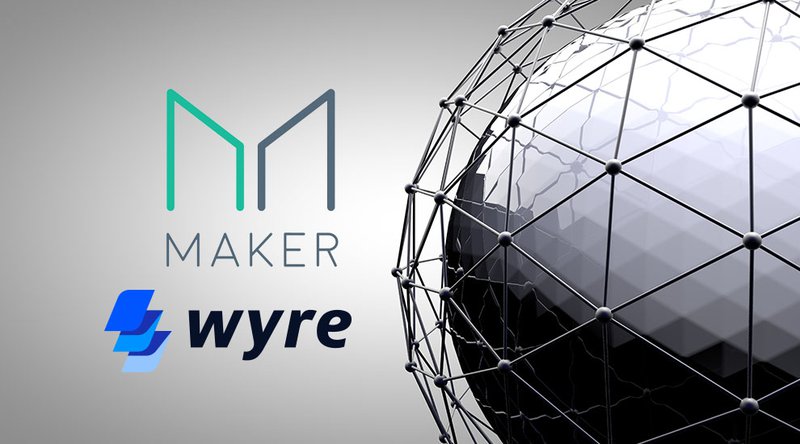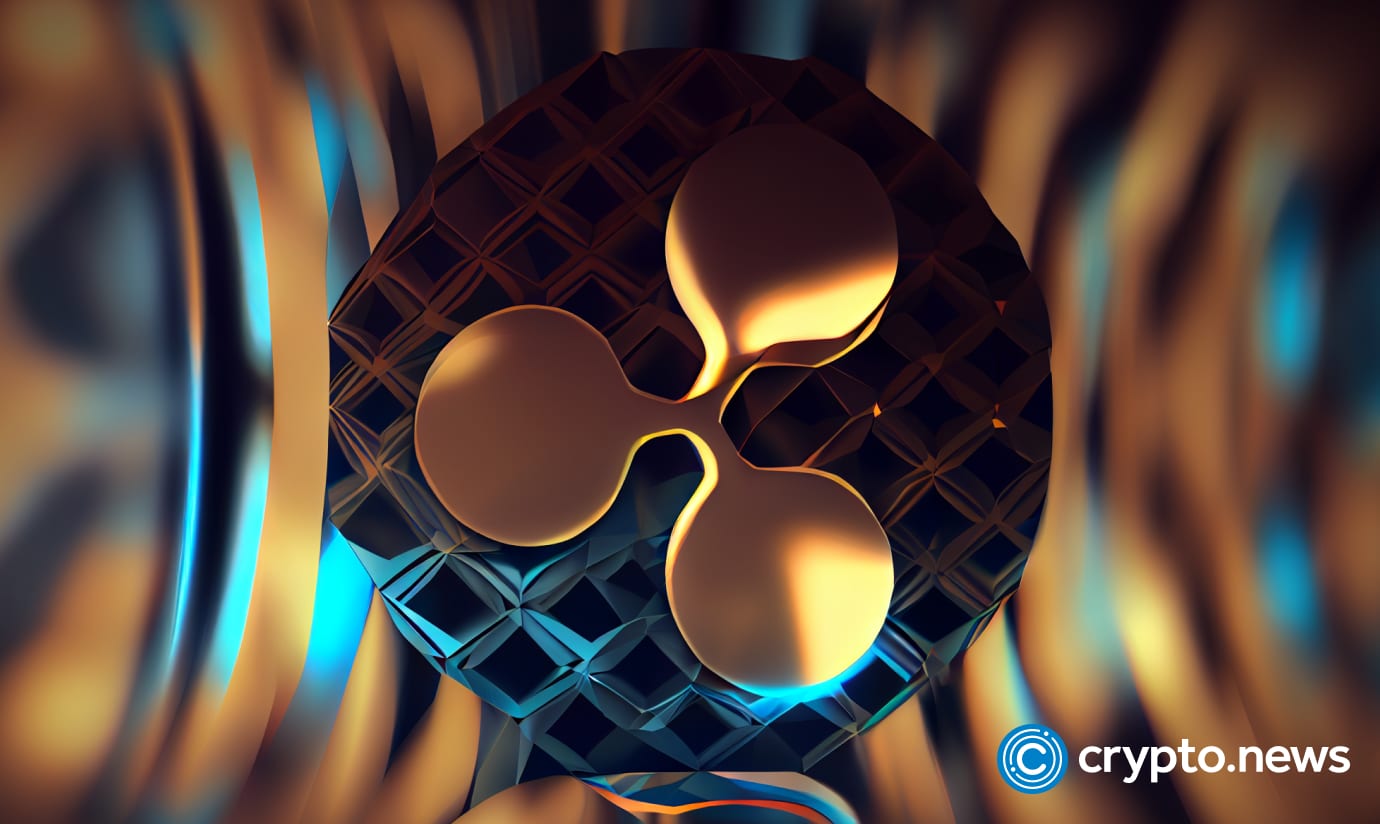
2020-6-23 20:58 |
The world is being pushed into a new normal where simple, everyday tasks and functions, often taken for granted, are becoming increasingly cumbersome. This is in no short part due to the ongoing COVID-19 global pandemic, which continues to force many essential operations like finance and payments into the digital realm out of necessity. However, this new paradigm has long been on the horizon, thanks to the overall increasing digitization of our world.
In theory, this shift is by no means unwelcome. Interest and demand in digital payment services is escalating, as people around the world increasingly require access to instant and reliable means of paying and transferring money. Unfortunately, today’s global payments don’t quite facilitate these needed attributes.
Digital payments are essentially just a series of IOUs passed between various financial institutions. This requires institutions across the world to engage in complicated legal arrangements and pre-fund currencies with each other to alleviate counterparty risk created by IOUs. These delays and inefficiencies, especially in such uncertain times, underpin the current correspondent banking system and highlight the need and importance of real-time payments—now.
What Are Real-Time Payments and Why Do They Matter?
Real-time payments combine speed, data and communication in order to execute a payment in a matter of seconds. They grant users immediate access to their funds and instant confirmation of their transaction while providing near instantaneous settlement finality.
The initial desire for real-time payments can be traced back to the rise of “instant” technology, where billions of people now have access to information and experiences on-the-go available in various touchpoints and channels. Already, the snowballing digitization of the world highlighted the demand and need for more efficient ways of settling payments. But during this global health crisis and its resulting economic ramifications, millions of people are facing less stable incomes and many businesses are facing dwindling profits all while still contending with major financial responsibilities.
In a pre-COVID world, FIAT currencies like the U.S. dollar, for example,would be the closest answer to instant payments. However, the exchange of this currency requires face-to-face interaction, something that is strictly limited in the ongoing fight to prevent the spread of the virus. Real-time payments via dedicated and convenient payments apps offer the immediacy and reliability of FIAT currencies while empowering users with the capability to seamlessly settle payments in our increasingly digital world.
The Role of Blockchain and Digital Assets in Real-Time Payments
In order to truly make widespread real-time payments a reality, blockchain and digital asset technology need to be leveraged as a crucial component for speeding up the settlement process. Blockchain technology allows businesses and financial institutions to transact and accept payments directly, eliminating the need for a “middleman” like SWIFT.
RippleNet is a faster, technology forward infrastructure layer for global payments. Built upon blockchain technology, RippleNet removes the complexities currently stifling today’s settlement process and makes cost-effective cross border payment settlements possible in mere seconds.
These financial institutions that utilize RippleNet also have access to its On-Demand Liquidity (ODL) service. ODL eliminates the complex IOU infrastructure by allowing financial institutions to leverage the XRP ledger and digital assets as a means of instant settlement to avoid pre-funding. This frees up their capital and guarantees competitive FX rates.
As a digital asset, XRP acts as a bridge between two currencies, ensuring payments are delivered and received in a given area’s or user’s local currency quickly. In fact, using RippleNet can cut the settlement period on cross border payments from three days down to a scant three seconds, making these transactions truly frictionless.
The Future of Finance Is Real-Time Payments
Blockchain technology and digital assets like XRP can fundamentally reshape the entire finance industry, while providing a new, better, more instantaneous payment settlement method for financial institutions and consumers alike.
The demand and fervor to shift to real-time payments among consumers is real. You don’t need to look any further than the fact that payments via mobile wallets now outpace credit card transactions in countries like Thailand, Vietnam and Indonesia.
The world as we know it is gone but with this unexpected change comes opportunity to adapt and create better, more seamless ways of doing things. Despite this global pandemic, payments should be instantaneous to ensure that day-to-day life goes undisrupted no matter what.
The banks and financial institutions that are able to provide these real-time payment methods—especially now in efforts to reduce unforeseen and unpredictable pain points from the COVID-19 pandemic—will be well-positioned as innovators and leaders beyond this current crisis.
Beyond its obvious benefits, providing real-time payment options now more than ever is the customer service and experience millions of people not only desire, but require. In a hyperconnected world where many other transactions are conducted instantly at the push of a button, complex, fragmented and legacy payment options that keep money unnecessarily tied up for days are unacceptable.
Financial institutions need to be able to provide their customers with real, usable money now—with no expected delivery or settlement dates attached. The ones that do will stand tall in the new world order.
Learn more about how partnering with Ripple and leveraging our RippleNet offering can help you meet increased demand for real-time payments by joining our network here.
The post Why Real-Time Payments Are More Important Than Ever appeared first on Ripple.
origin »Bitcoin price in Telegram @btc_price_every_hour
Global Currency Reserve (GCR) на Currencies.ru
|
|




















